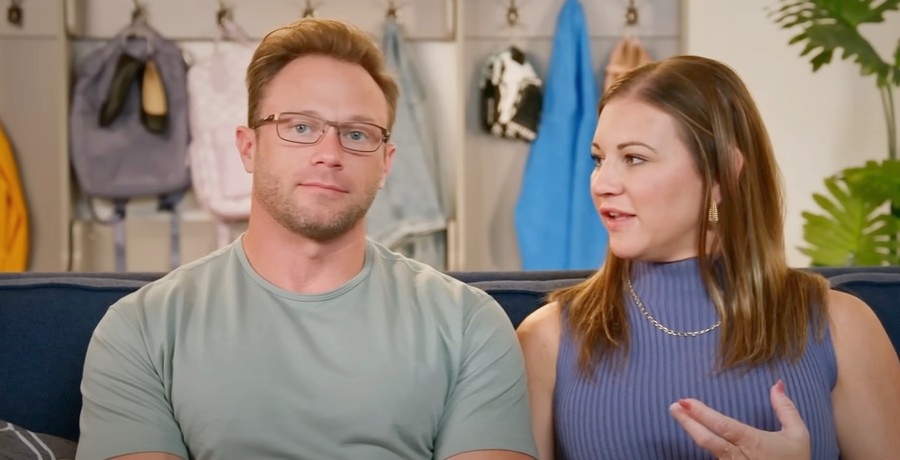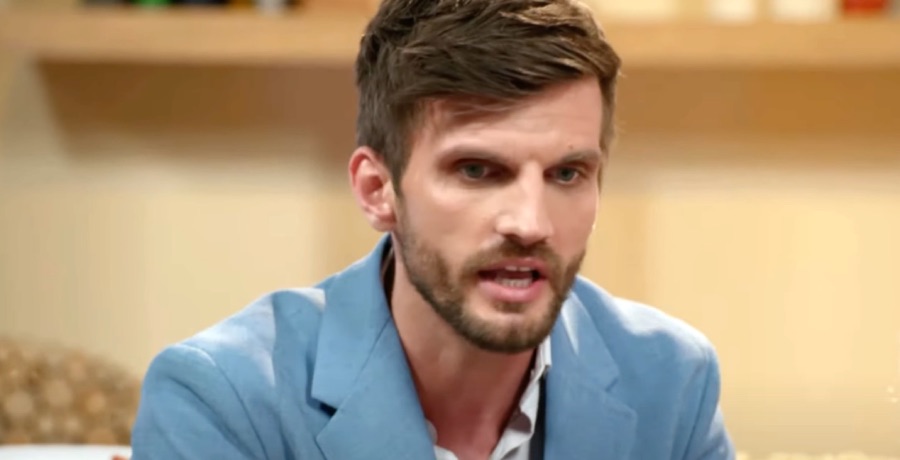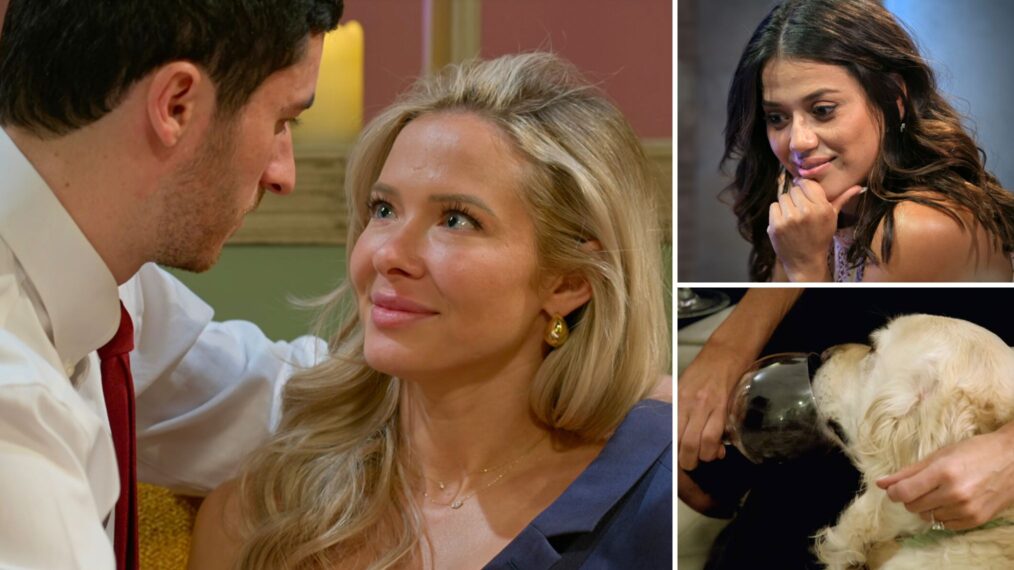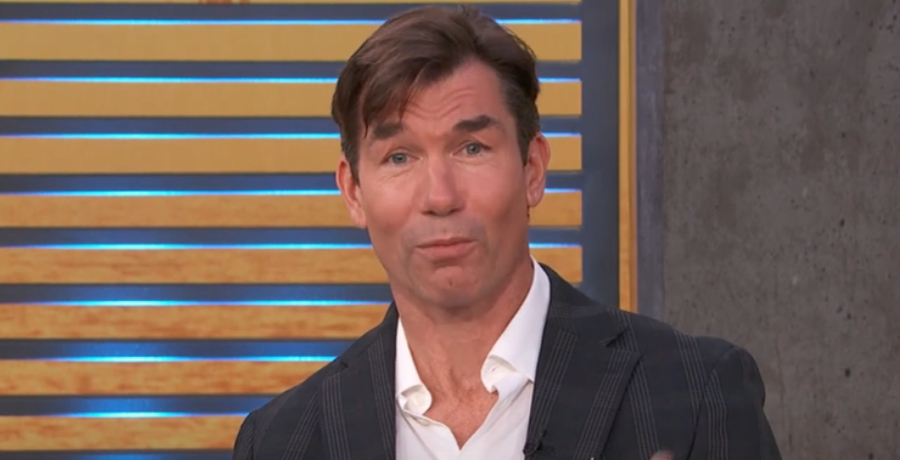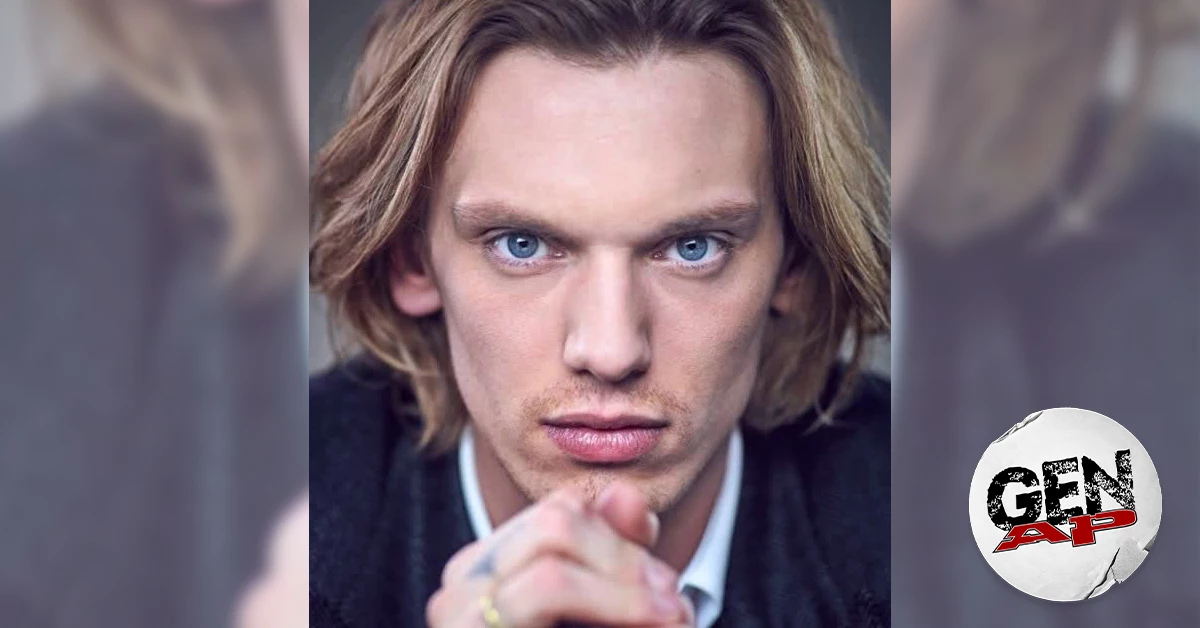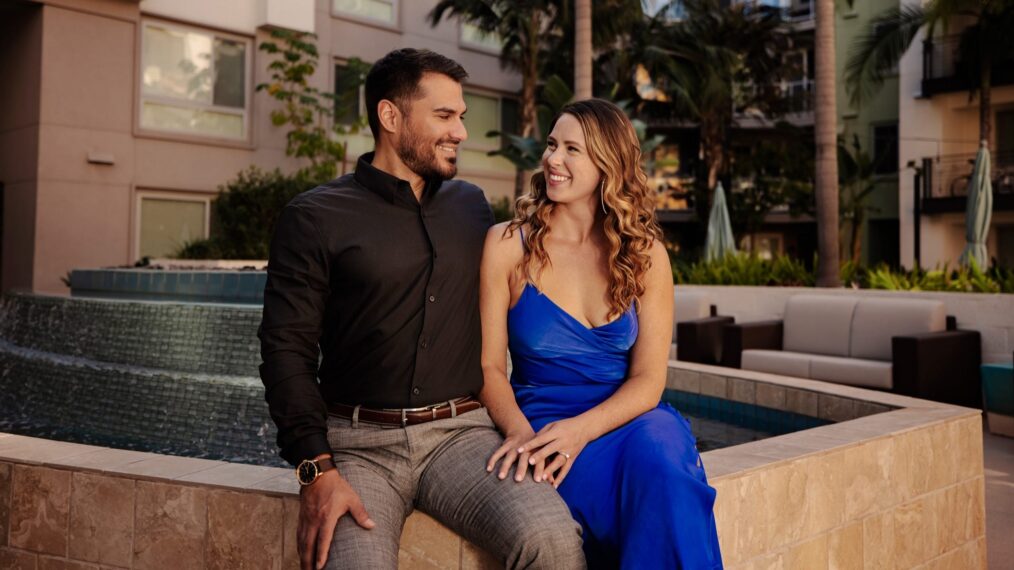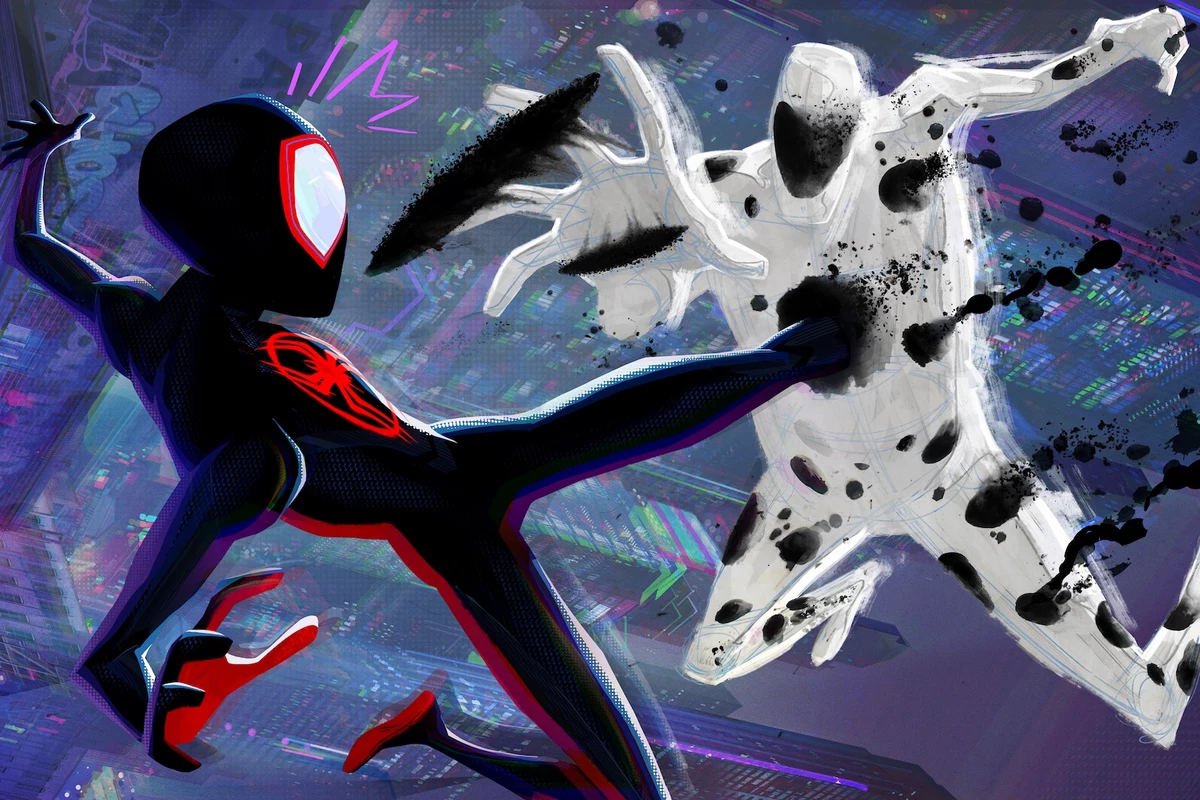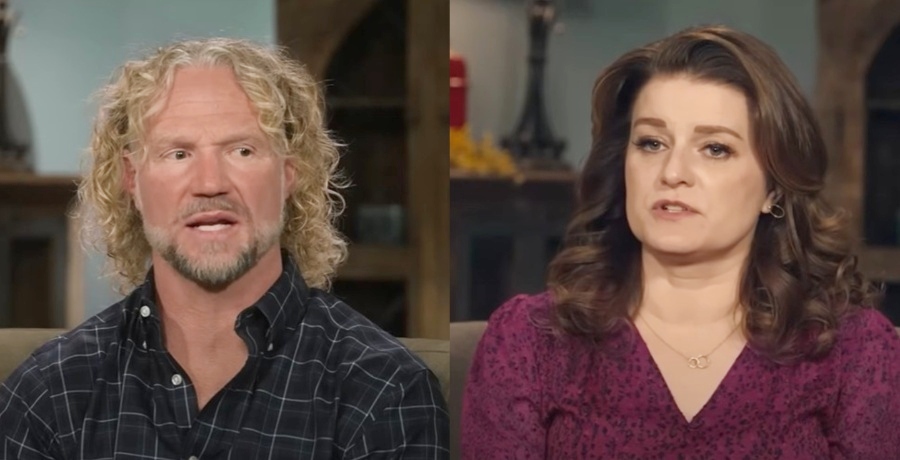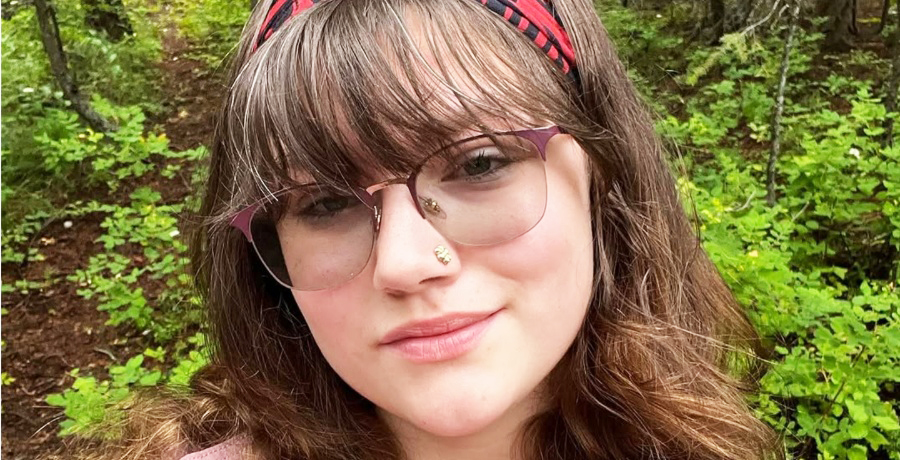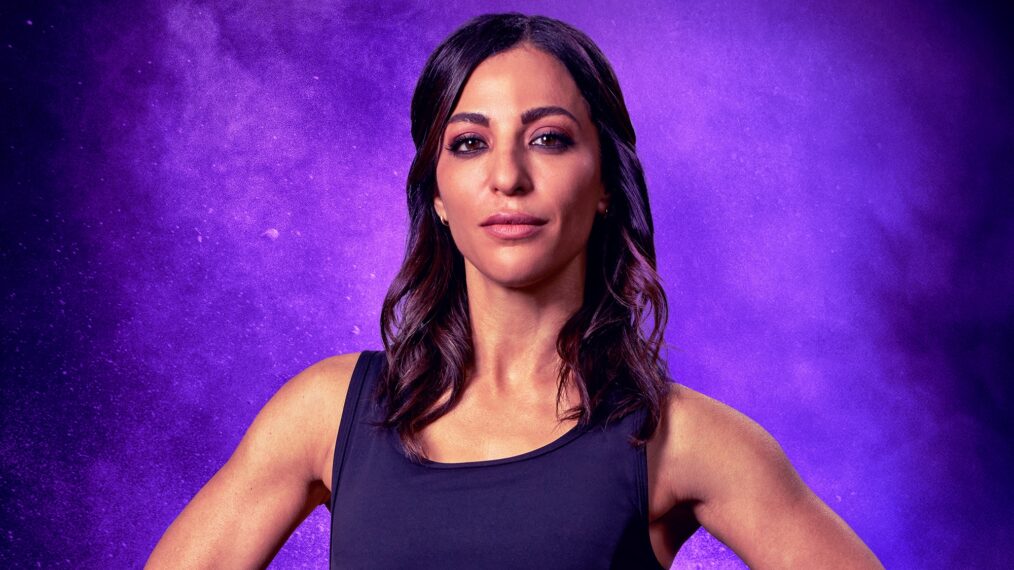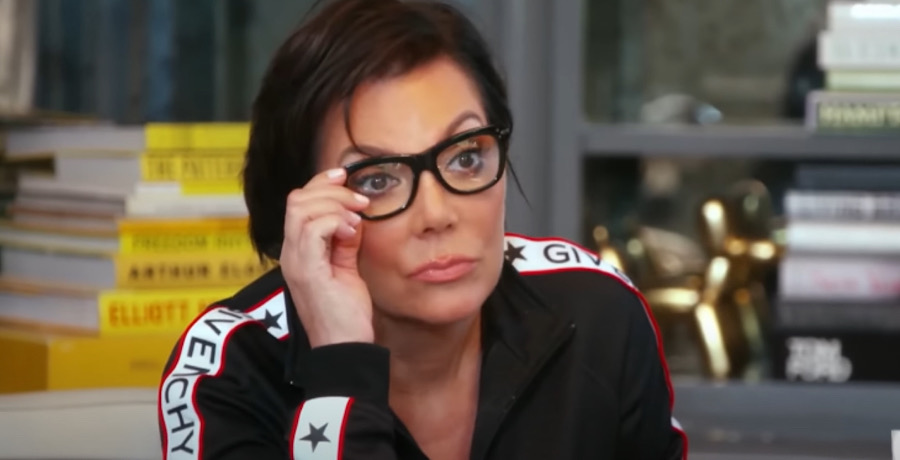Welcome to Generation AP, a weekly spotlight on emerging actors, writers and creatives who are on the verge of taking over.
This decade has got off to a pretty colossal start for Jamie Campbell Bower. After playing one of the biggest villains of our time in Netflix’s Stranger Things — yes, Vecna — and making the decision to embark on a solo career in music, it seems Bower is set to conquer the artistic sphere of alternative culture.
For the past 14 years, the English multi-hyphenate has starred in a handful of film franchises, including The Twilight Saga: New Moon and both Twilight: Breaking Dawn movies, as well as Harry Potter and the Deathly Hallows – Part 1 and Fantastic Beasts: The Crimes of Grindelwald. He also had a handful of stints in the theater world, which included starring as Joe in Bend It Like Beckham.
Read more: 35 years later, The Lost Boys’ “Cry Little Sister” is still a gothic epic
It appears no matter where he finds himself, be it acting or music, the 33-year-old creative consistently attracts darkness and is fascinated by the allure of something greater than self. In this new era of his career, we’re about to see a whole new layer to him — one that’s ready to explore why we shouldn’t shy away from allowing ourselves to truly ponder what is beyond us.
In a conversation with AP, Bower reveals how Stranger Things has changed his life, discusses his battle with addiction and his decision to cover Johnny Cash.
These past couple of years must have been crazy for you. How have things changed since the release of Stranger Things?
It’s more of a change personally than externally. It’s such a blessing to be part of this show, and the thing I constantly remind myself of — and it’s the same thing with music — [is] it has very little to do with me. Ultimately, it could have been anyone [who got the role as Vecna]. I’m very lucky that it was me. I wasn’t able to talk about the show for two-and-a-half years, and when I was, there was this verbal diarrhea that sort of fell out. I spent my 20s dying for people to listen to me and be creative, and now in my 30s, all of a sudden people are interested. It’s like, “Oh shit! Am I fucking ready?” I feel good, though! I’m already looking towards the next project.
Congratulations on the release of “I Am.” What can you tell us about it? Is there an overriding message you want people to take from the song?
It’s a continuation of the story I’ve started with “Run On” and also with “Paralysed” and “Start the Fire.” I called those two beginning bodies of work the “Prologue.” I always saw it as the introduction into this story I want to be telling. With “Run On,” it was the idea this person is searching for something more, and I’ve always been fascinated with worlds beyond worlds [and] how everything is delicately interconnected. I marry that with the story of Dante’s Inferno — the character’s entered this desert wasteland, and I’ve done a poem, a voice-over, which describes the surroundings that they find themself in. They’re called to this church by this voice, and it’s the dark lord of the underworld beckoning them in. That could be Virgil, it could be Lucifer, it could be whoever you want — it’s the next step into the next circle of darkness, of hell. At the end of it all, there might be a realization and a resurfacing.
“Run On” was originally a Johnny Cash song. Why did you gravitate toward it?
I think because it’s been in the cultural zeitgeist for me for some time. What you’re touching on there with life having an interesting way of humbling you is something that I’d experienced and something I really believe to be true. I know for me that if I’m chasing the wrong thing or if I’m just absorbed a bit more in self, I get told pretty fucking quickly that I need to sit down. It’s about the lessons you learn in that environment, but also, there’s an interesting side to it visually — has this man or has this character given up on the idea of God? Have they rejected the other side of living or the other side of spirituality?
There appears to be a theme of witches happening in your music. In your bio on social media, it also says “Witch King.” So, who is the Witch King?
The “Witch King” is me! I always had a connection to something that was more than me, that was further out there. I lost it for a minute, [as I was] just blinded by exterior sources and things I thought would dumb the senses down because I found it too much to deal with. I think we all have that power in us. That’s what I’m trying to say: Human beings are more intuitive than I think we give them credit for. Weirdly, I did some deep digging into my family history a while back and found that there’s a possibility that one of my ancestors was a witch finder. I wonder if it’s something that’s always been in my DNA.
You’ve been open about your battle with addiction. Do you think we can expect that to be reflected in your music?
I think the very fact I’m able to talk about the idea that there’s something beyond myself is in and of itself an extension of my sobriety because often when I was drinking and using, it was this idea that I’m in charge. It’s a very selfish [thing]; you’re not conscious of how selfish you’re being because it’s a lonely place to be. At this point in my sobriety, I feel comfortable enough to explore that more in a public sphere, in an artistic sphere. My life since getting sober is so much greater than it ever would be. I wouldn’t be sitting here talking to you about any of this at all. I would not be in Stranger Things. None of this would be happening.
To get into character as Vecna, you spent a lot of time isolating yourself. That must have been quite difficult for you. Did it shift your perspective on anything?
I have a different view and a different understanding of myself having done that. Before filming, I’d suffer. I’d have these headaches; I’d have to self-soothe and stroke my own head and be like, “Everything’s OK.” I think that’s probably because I wasn’t used to it, and my brain was trying to understand the change that was going on. But I have a very different view of self and of being able to control myself. I can allow myself now the opportunity to be silly, but I can also step back into that place of full centeredness, awareness and understanding.
The show’s impact on music has been phenomenal, too, but of course, there have been some gatekeepers who didn’t like it. What’s your perspective on it as a musician yourself?
I think it’s fantastic. I remember when I was younger, you’d go and see a band in some small venue, and then all of a sudden six months later, they become the biggest thing. Everyone will be talking about them, and you’d be like, “Well, I was there first!” Now I don’t think like that at all. I think it’s great. Word of mouth is so important, I wouldn’t know about half the things I know about now unless somebody had told me about it.
OK, serious question: Have you figured out what the “Vecnussy” is yet?
[Laughs.] No! I still think it’s the bum cheeks. Someone said it’s like the vagina, but Vecna doesn’t have a vagina! I’m still going with the bum cheeks ‘cause Vecna has good bum cheeks.











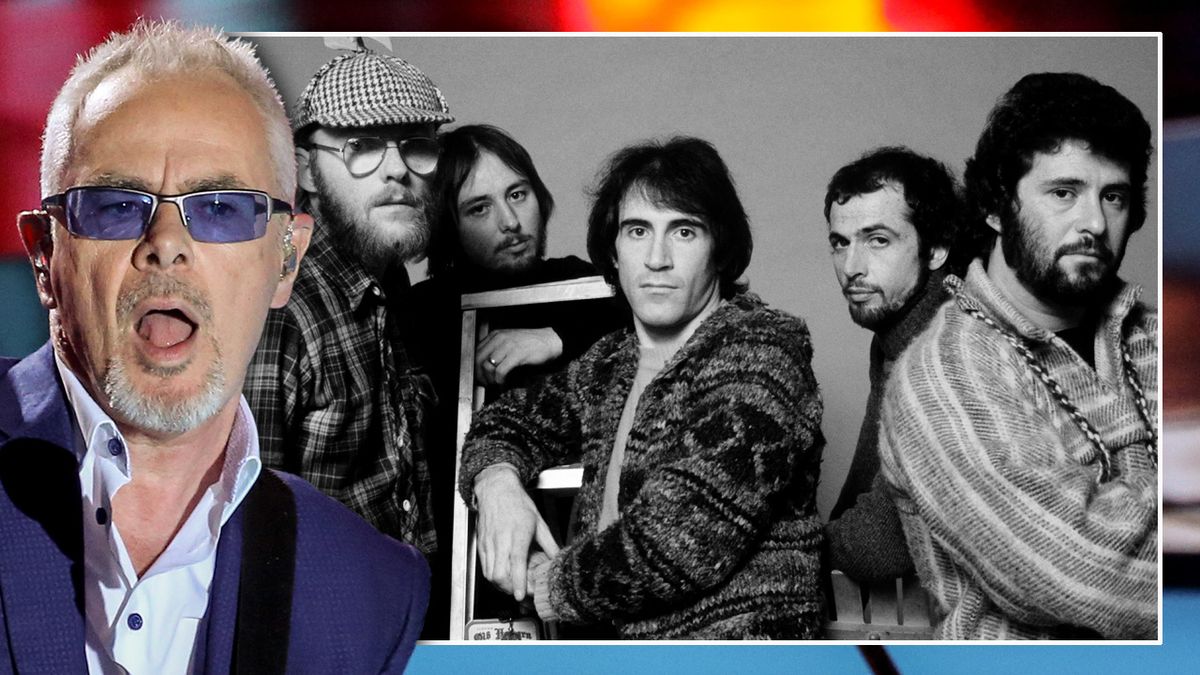

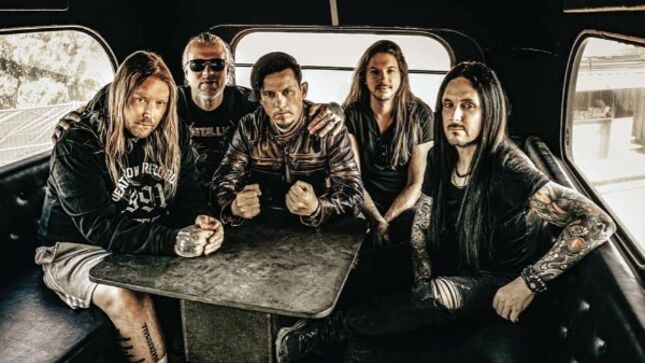
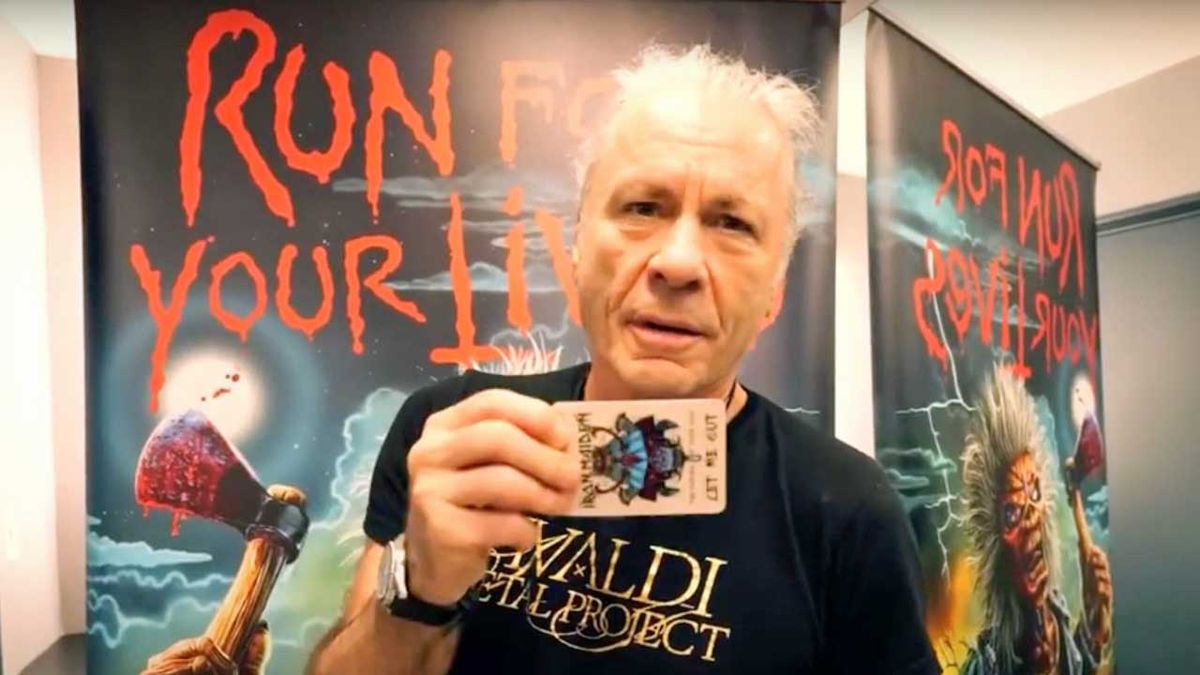

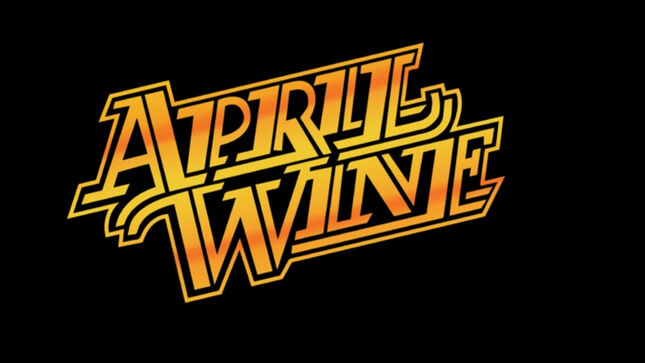
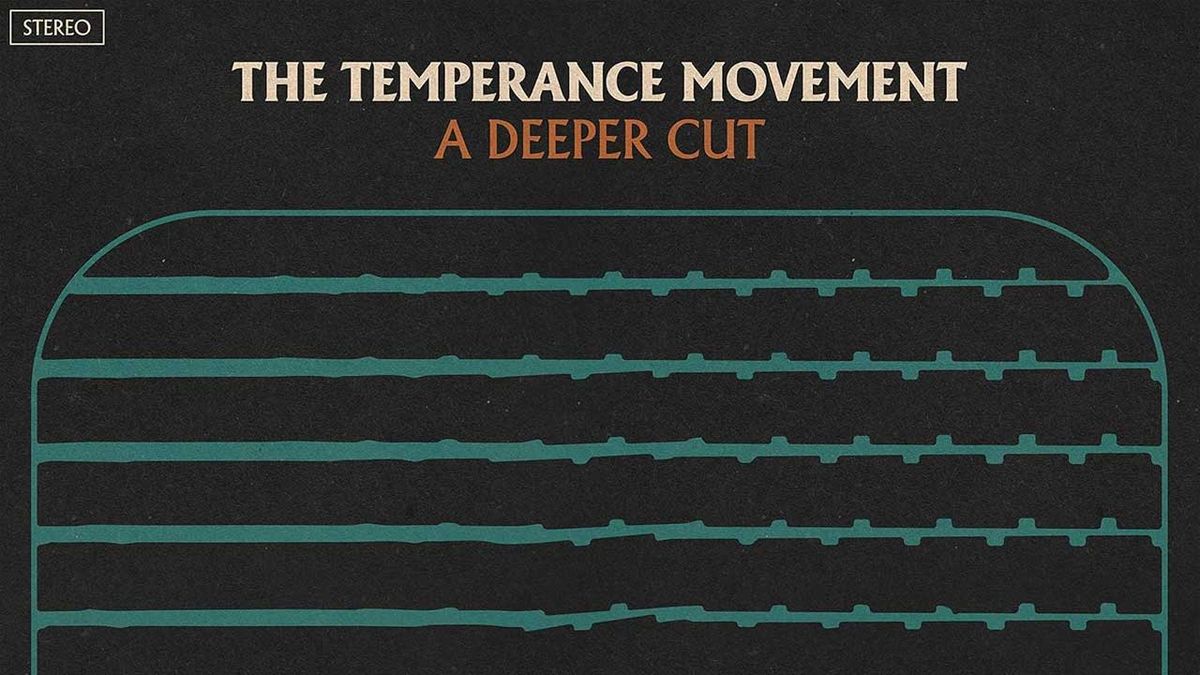










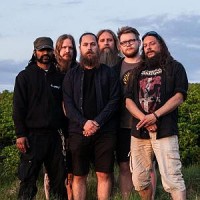

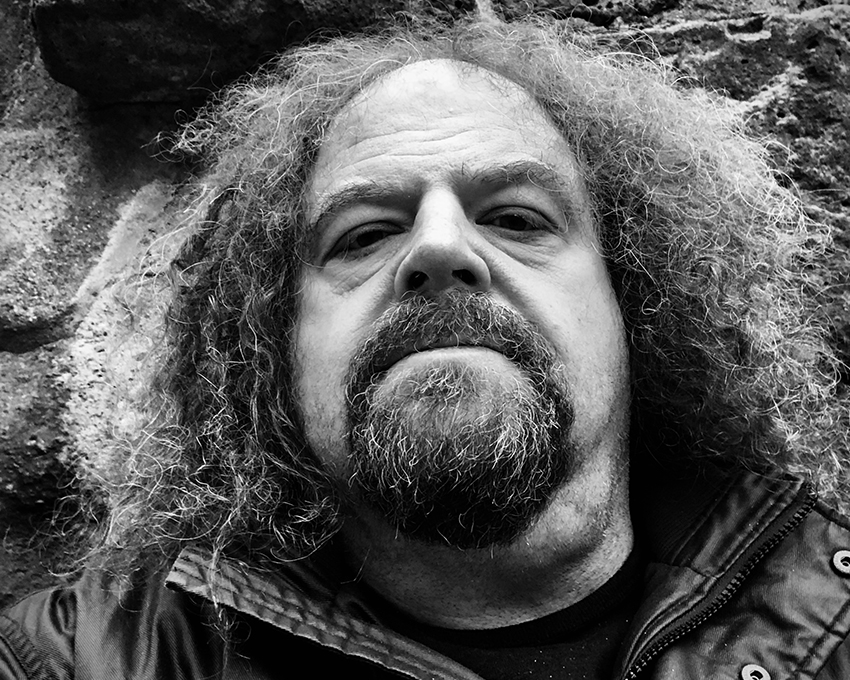
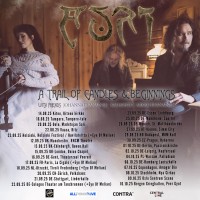


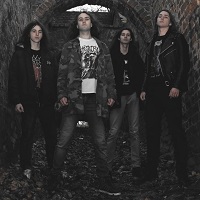
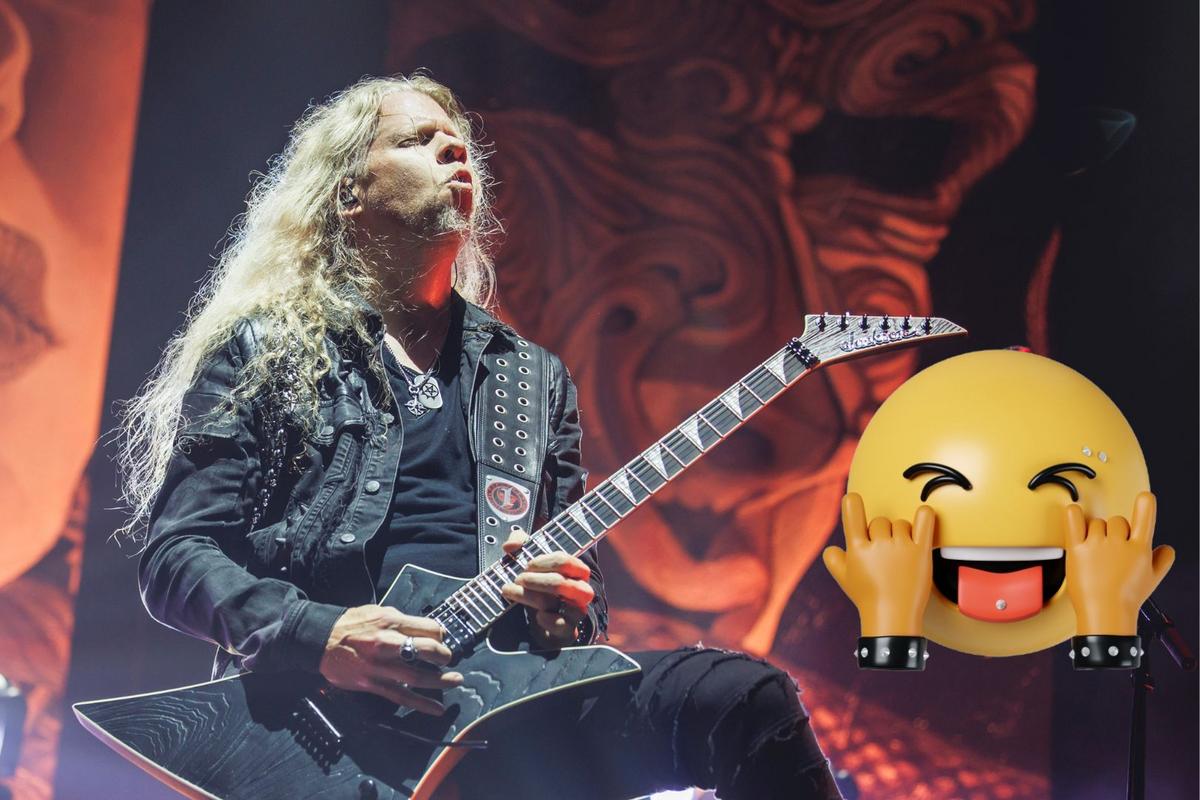




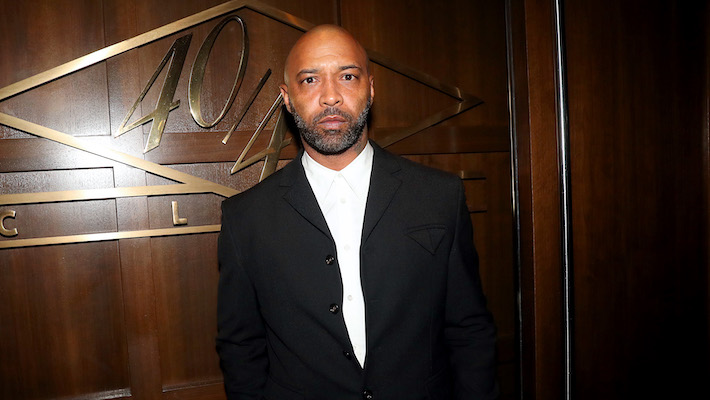



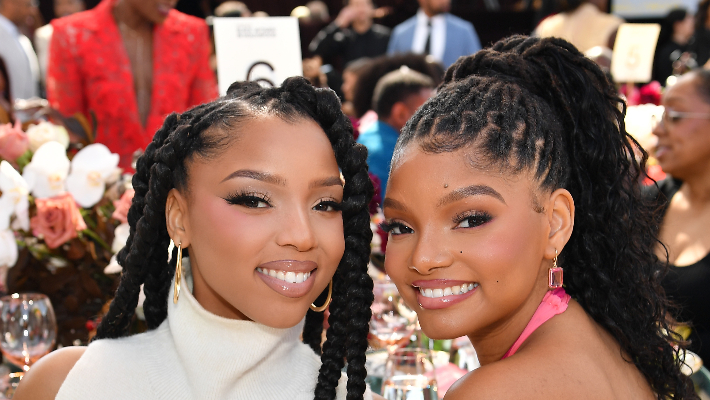


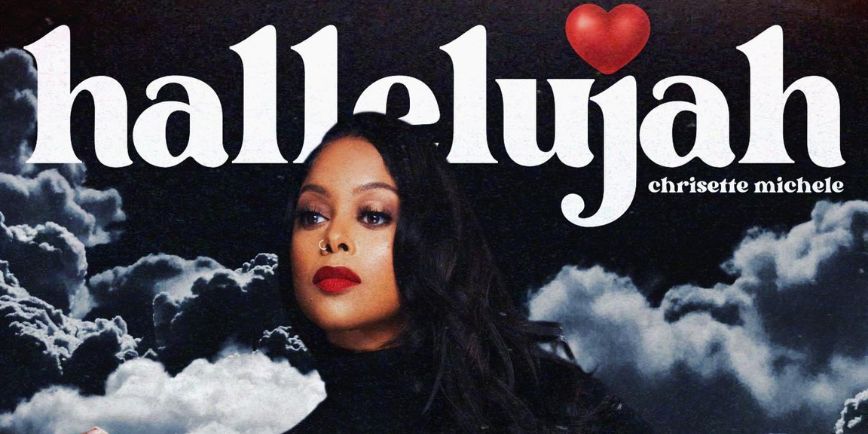
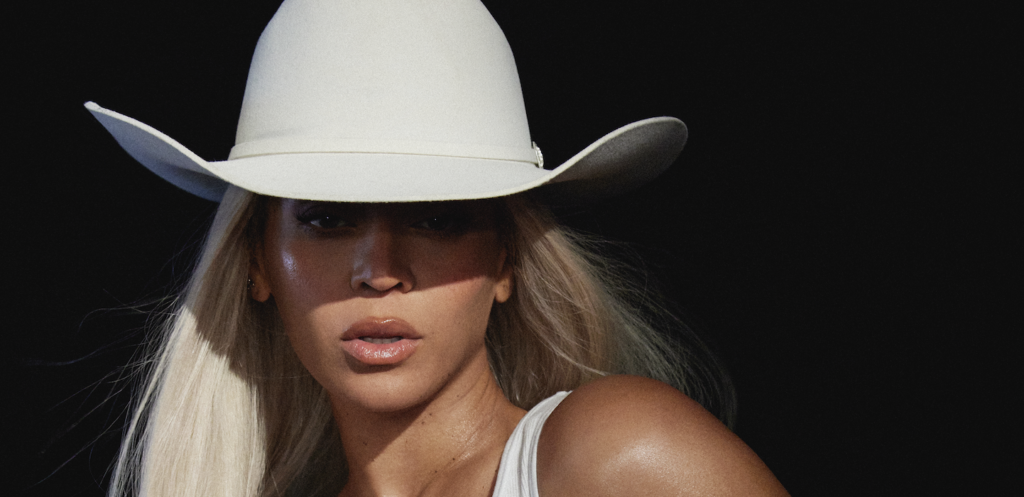
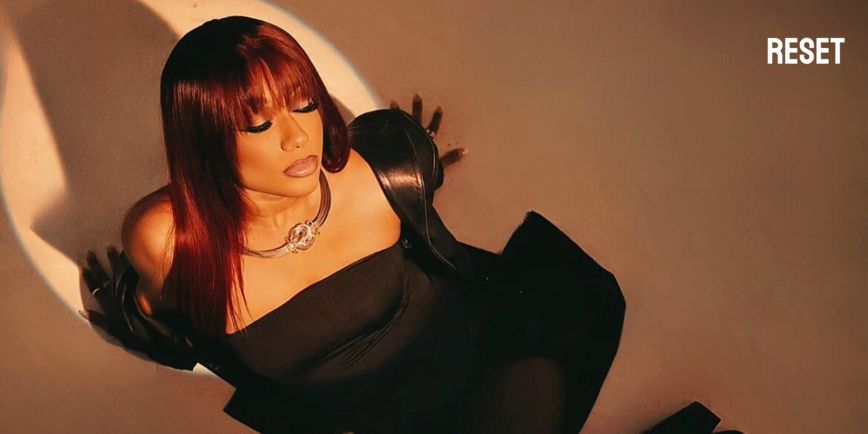
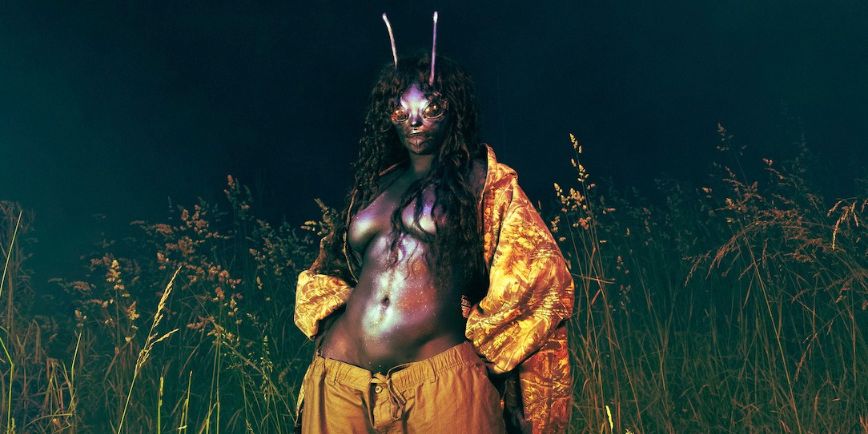
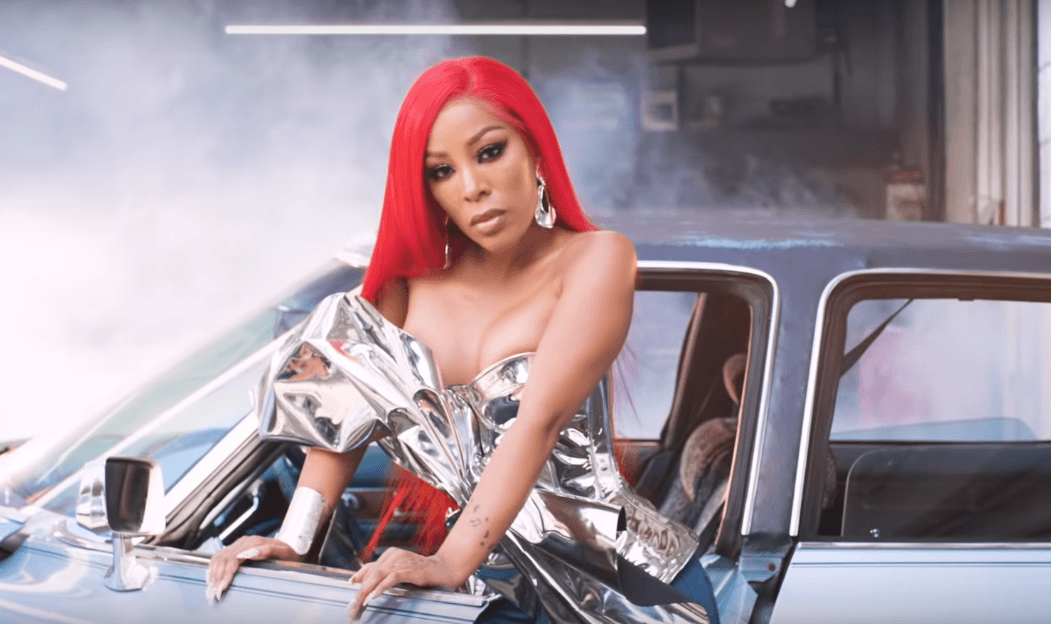
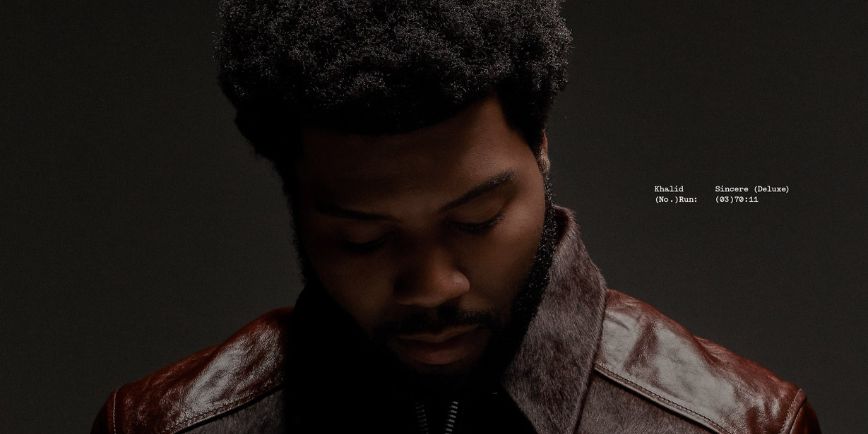
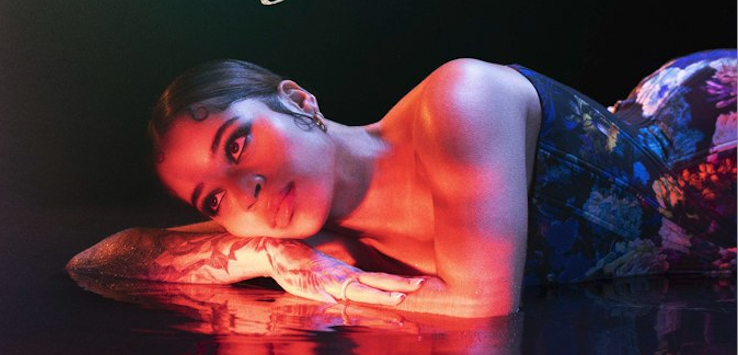












![[VEVO] – Roasted Nuts – Dj Rik (Re-released) [VEVO] – Roasted Nuts – Dj Rik (Re-released)](https://i.ytimg.com/vi/tdcex44sMYk/maxresdefault.jpg)













